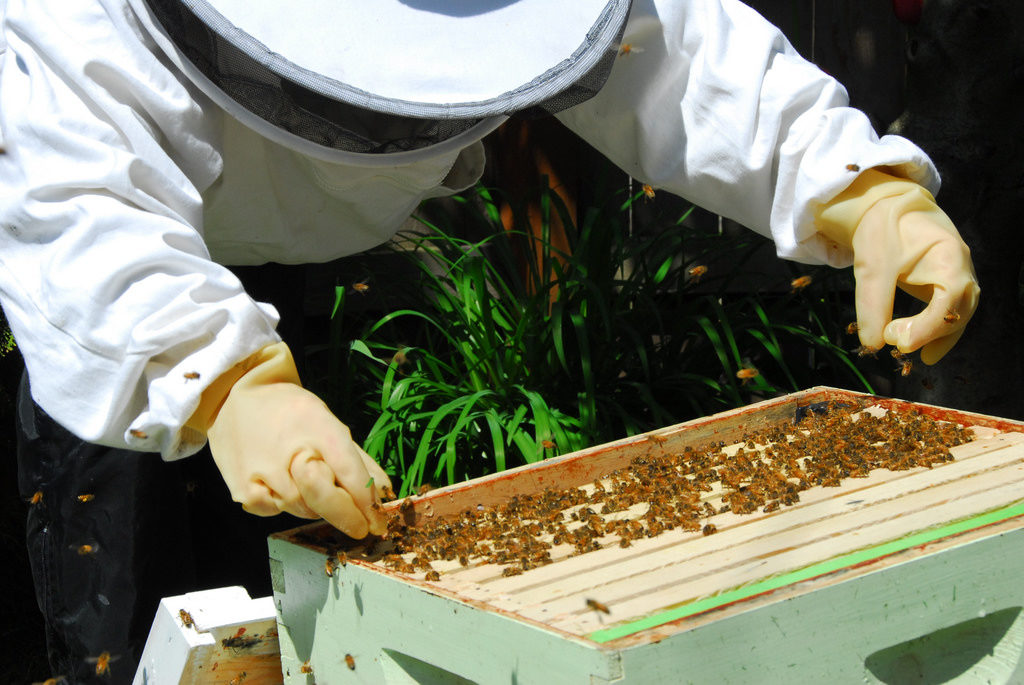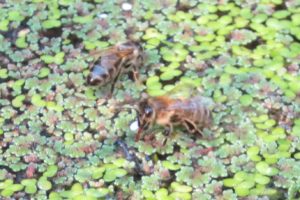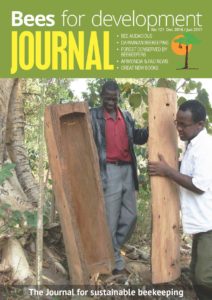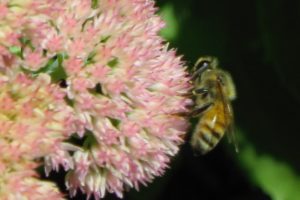Audacious Idea Seven: Crowdfunding to Mitigate Financial Risks of New Approaches
by Heather Mattila
Financial risk is one of the biggest challenges beekeepers face when confronted with the opportunity to assess and radically adjust their beekeeping practices. Risk can take many forms, such as potential colony losses when selecting for stress-tolerant bees or the infrastructure costs of diversifying the number of managed species in a pollinator portfolio. How can beekeepers mitigate some of these financial risks? Online crowdfunding may provide the answer.
Funding platforms can provide small-scale entrepreneurs with seed money to overcome the monetary hurdles that must be tackled to bring novel ideas to life. The money comes from donations or investments made by members of the public who believe in the social movement that a campaign represents. Most beekeepers value time with their bees more than time spent on a device accessing social media, so they may need to be convinced about the power of these tools.

© Don Hankins – Keeping Bees
Barnraiser, an online fundraiser launched in 2014 to ease the financial burden of innovative farming, boasts a 65% funding success rate and an average sum of $12,000 raised per idea (according to a 2016 article in Forbes Magazine). For some operators, these funds mean the difference between doing something new or avoiding the risks of trying. In an extreme case, Flow Hive designers reached their $70,000 fundraising goal in the first 8 minutes of crowdfunding on Indiegogo (with pledges of $2.9 million after 24 hours). While the Flow Hive will not rescue bees from the current pollinator crisis, it reveals how quickly an idea can take off with public support.
We should ask ourselves throughout this conference how we might leverage public support to allow beekeepers to take financial risks. It is time for beekeepers to capitalize on the public’s growing appreciation for the role pollinators play in secure food production and healthy ecosystems. If we are going to get creative about how we support pollinators, we will need pioneering funding models to fuel these changes.





